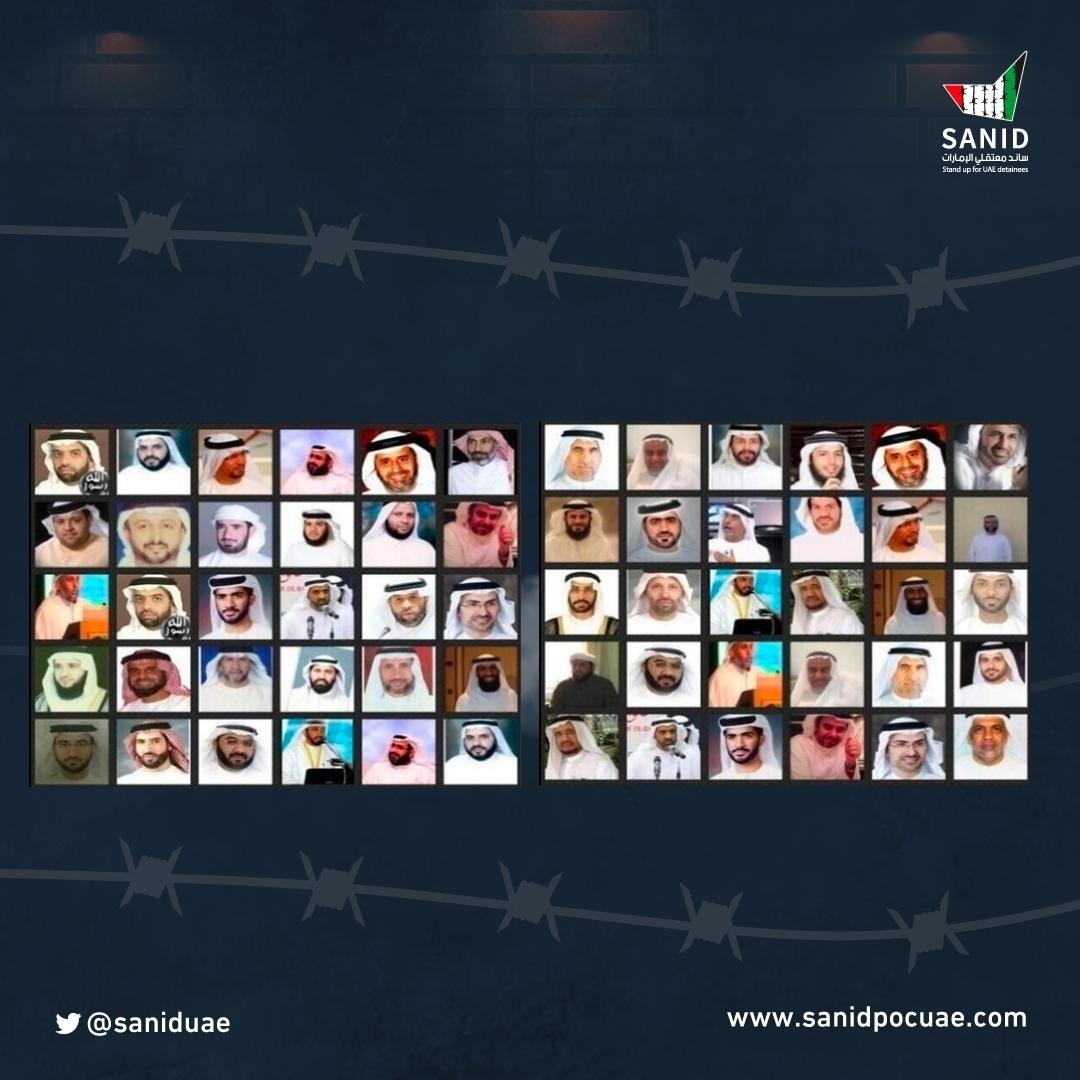The US government should publicly call on UAE authorities to immediately and unconditionally release the Emirati human rights defender Ahmed Mansoor ahead of the COP28 climate conference in Dubai, 19 human rights groups said in a joint letter to US Secretary of State Antony Blinken today.
The 28th Conference of Parties on the United Nations Framework Convention on Climate Change (COP28) will be held from November 30 to December 12, 2023.
Mansoor, recipient of the prestigious Martin Ennals Award for Human Rights Defenders in 2015, has been arbitrarily imprisoned in isolation since security forces raided his home just before midnight on March 20, 2017. He has faced repeated intimidation, harassment, and death threats from the UAE authorities and their supporters, including a sophisticated spyware attack by the Emirati government. Mansoor was the last Emirati human rights defender still working openly in the UAE.
“The US has been shockingly silent for years since Ahmed Mansoor’s unjust imprisonment,” said Joey Shea, the UAE and Saudi researcher at Human Rights Watch. “Washington should use this opportunity, when the UAE is trying to improve its image internationally in advance of the climate conference, to publicly and privately pressure Emirati authorities to end to the unjust imprisonment of a peaceful human rights defender.”
As host of the upcoming climate conference, the UAE should signal its intent to facilitate an open COP28 in a free civic space. A meaningful step in that direction would be the immediate and unconditional release of Mansoor from prison, while also ensuring that observer organizations attending COP28 can participate effectively, safely, and meaningfully, the groups said.
Since 2011, the UAE has closed virtually all civic space in the country, with laws that criminalize peaceful expression, association, and assembly.
The UAE’s state news agency has said that the authorities arrested Mansoor for “spreading false news” to “harm the reputation of the state.” All the charges on which he was convicted were based solely on his human rights advocacy, including using email and WhatsApp to communicate with Human Rights Watch, Amnesty International, and other human rights organizations. Following more than a year in isolation in pretrial detention and a grossly unfair trial, an Emirati state security court sentenced him in 2018 to 10 years in prison and fined him 1,000,000 Emirati Dirhams (around US$272,000).
Over the past six years, the UN and independent rights groups have documented how the UAE government has held Mansoor in solitary confinement without access to reading materials, television, or radio. Since December 2017, he has been denied eyeglasses, most personal hygiene items, and, at least until recently, a bed or a mattress in his cell. These measures violate the prohibition against torture and other cruel, inhuman, or degrading treatment or punishment. UAE authorities deny that they have subjected Mansoor to such treatment, while refusing to allow independent observers to visit him.
In addition to Mansoor, at least 62 Emiratis are currently arbitrarily detained following unfair trials on politically motivated charges. UAE authorities continue to incarcerate at least 58 of these prisoners beyond their sentences. Most of these prisoners have been convicted on baseless counterterrorism charges as part of the grossly unfair “UAE94” mass trial of government critics, which violated their human rights.
The UAE’s release of Mansoor and other human rights defenders and peaceful critics would be a key first step to signaling that civil society will have the space to exchange ideas freely and safely, to promote government accountability, and to represent marginalized populations during the upcoming climate conference.
“The US should take every opportunity to press Emirati authorities, in public as well as diplomatically, to end its persecution of rights defenders and free them, starting with Ahmed Mansoor,” Shea said. “This should happen before, during, and after the discussions end at COP28.”

